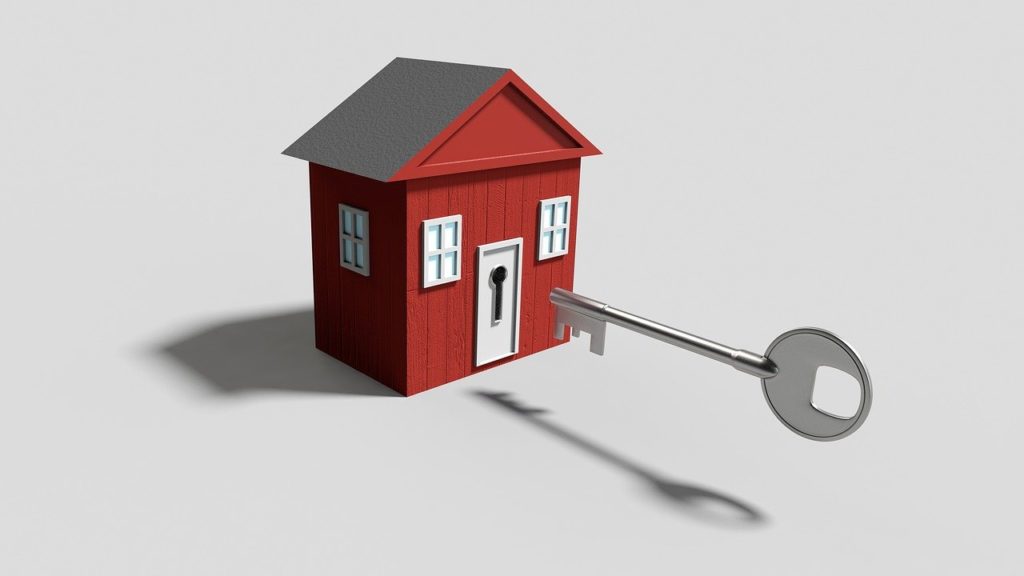Aside from clothing, food, and money, another extremely important thing that humans needs for their day-to-day survival is to have a place to stay. People need the house for many reasons: one is to have a place to sleep in and grow the family. The other reason is to have a place for all commercial activities. One thing is glaring from the two reasons we have given: housing is an important requirement for human survival on earth!
However, one of the problems facing the world right now is the unavailability of suitable housing for accommodation and commercial activities. This is because the demand for houses has risen tremendously due to an increase in the world population. Procuring real estate can be done in different ways.
For example, you can purchase it, and if you are not financially buoyant, you can lease the property. From what we have noticed, leasing property has grown up to become one of the world’s most popular real estate transactions. We can attribute this to the high cost of real estate property in British Columbia and the entire world.
However, before a lease agreement can become valid, there is some vital information that it has to contain. Hence, this article will look at some of the essential elements of a valid lease.
Understanding The Term Lease
A Lease is regarded as a contractual agreement between two parties to transfer assets. When two parties are in a contractual agreement over an asset, one of the parties (Lessee) can enjoy the property of the other party (Lessor) for a specific time. This legal agreement is used in all kinds of economic or property transactions for a specified duration in exchange for money or some other valuables. The property transactions we are talking about here may be personal assets, commercial or non-commercial assets.
In a lease agreement, two parties are usually involved. They are called a Lessor and a Lessee. The former refers to the party that transfers his or her property to another party. On the other hand, the latter refers to the person acquiring the property in the form of a lease. He or she will pay an agreed fee to rent the property for a specific period.
One other thing we have noticed is that a lot of people often need clarification on leases with tenancies. These two terms are basically the same, hence why they are used interchangeably. A lessor and a Lessee are like a landlord and a tenant, respectively. The landlord is a party that owns a rented property, while a tenant is that party that is granted the possession of the property for a specific time
Duration of lease
The fact that a lease agreement is contractual between two parties means that it must have a duration. That is, the agreement must show the date on which the contract starts and when it will end. However, some situations will allow a lease contract not to have a duration. Such situations will be treated differently under the law.
Essential elements of a valid lease
Before a lease can be passed as being valid, there are some essential features that it must have. Let us look at some of them.
1. Form of Leases
Form of lease refers to the physical representation of a lease agreement. A lease form is where a lessor and a Lessee validate their agreement. Such form will serve as a legal witness between the two parties. The form of leases can be oral, or they can also be in written form. Usually, we don’t advise people to opt for an oral agreement because of the legal implications now or in the future; instead, we often advise people to go for a written agreement.
2. Types of property
By types of property, we refer to either movable or immovable properties. Typically, a lease contract only deals with immovable property or assets – that is, those that cannot be moved from one location to another, such as houses, etc. On the other hand, movable properties, such as cars, etc., are not filed under a contract of leases.
3. Parties involved in the agreement:
Typically, a lease agreement involves two or more like-minded parties, and the legal terms for the parties involved are a lessor and a Lessee. This type of agreement is often regarded as a bi-partied system because a lease agreement can only be reached if the parties involved are at most.
4. The subject matter of the lease
The subject matter of the lease agreement is mandatory because this section will fully describe the immovable property that is about to be leased, important information about the Lessor and the lessee, the purpose of transfer of the right of the property, the amount of money that is being charged, etc. Please write out all of these details to avoid all kinds of legal implications. It could even render the contract null and void.
5. Payment of rent
A Lease agreement must also include the amount to be paid by the tenant as rent. This payment could be monthly or annually, depending on the agreement. And, of course, the rent doesn’t always have to be money; it could be anything of real value.
6. Lease Duration
Another important feature of a valid lease agreement is the contract duration between the tenant and the landlord. This duration will indicate how long the services and rights to that property will be transferred back to the original owner. Although there are instances where the duration of a lease contract won’t be specific in the original agreement. But the good news is that every state has different rules regarding lease duration in case it is not specified in the original lease agreement.
7. Competency
Another essential consideration in a valid lease agreement is that before two parties can enter a binding lease contract, they must be competent or pass the competency test. That is, both the tenant and the landlord must have a sound mind, and they mustn’t have been subjected to any law that would restrict them from being a part of the contract.
Conclusion
In this short article, we have explained everything there is to know about a lease, a lease agreement, the parties involved in a lease agreement, and the essential features of a valid lease. However, if you are a tenant or a landlord in British Columbia, and if, after reading this article, you have questions or want to talk to an attorney to help you review the validity of your tenancy agreement, then don’t hesitate to contact us at Saanichton Law Group at 2505440727.




